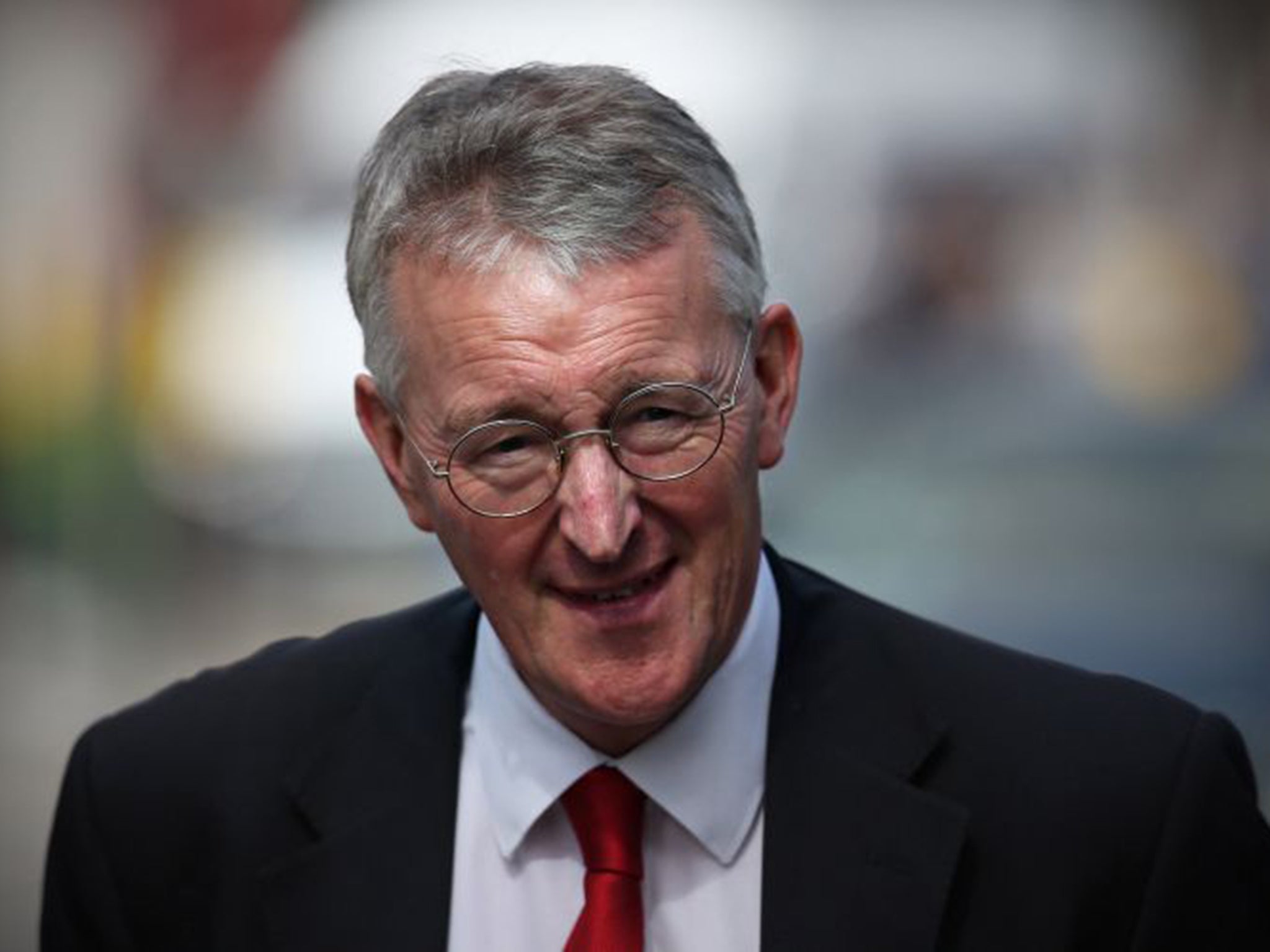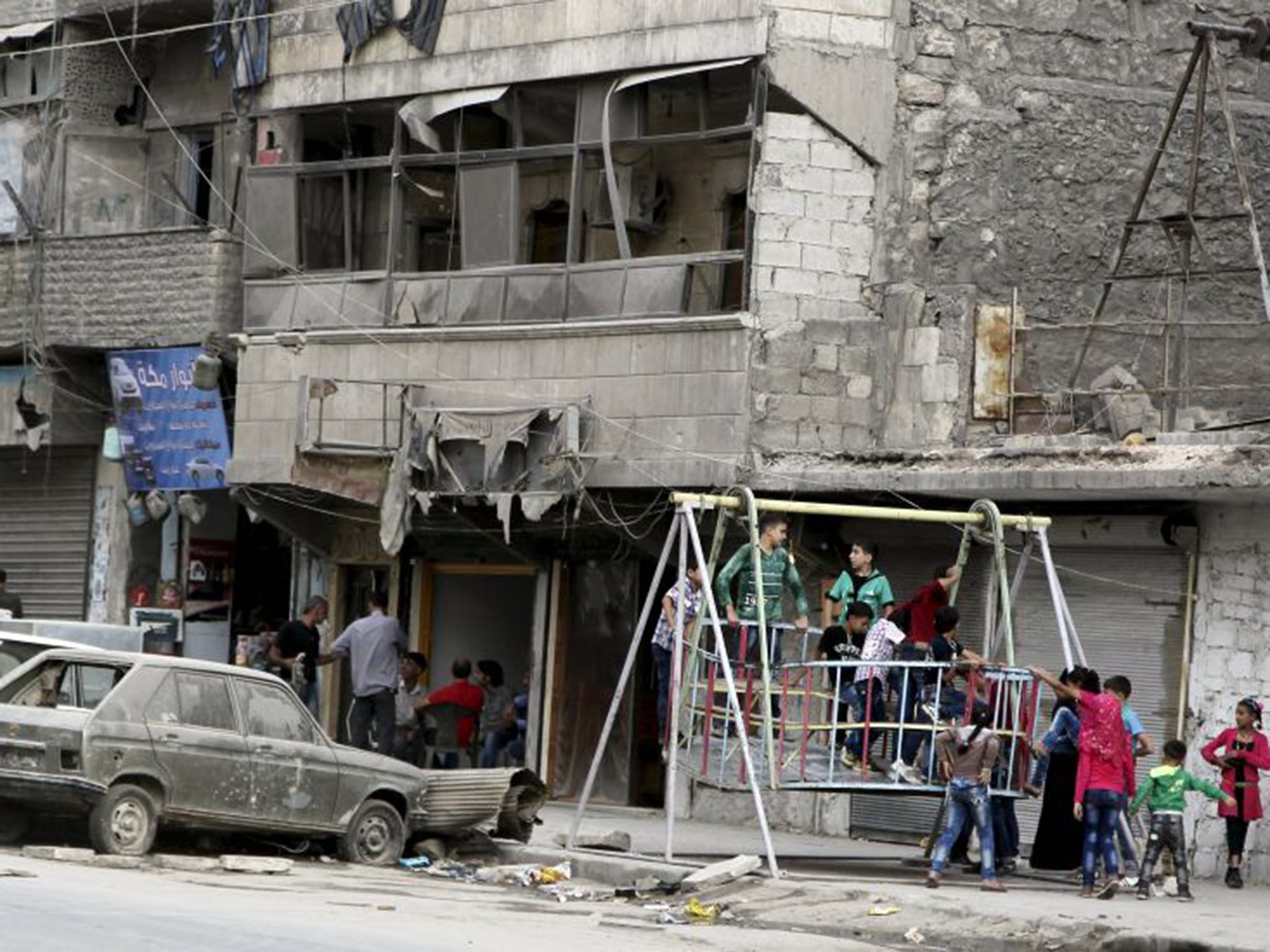Syria crisis: Labour attempts to patch divisions by fudging a debate on attacking Isis
Jeremy Corbyn is opposed to any kind of military action in Syria while many members of the Shadow Cabinet disagree

Your support helps us to tell the story
From reproductive rights to climate change to Big Tech, The Independent is on the ground when the story is developing. Whether it's investigating the financials of Elon Musk's pro-Trump PAC or producing our latest documentary, 'The A Word', which shines a light on the American women fighting for reproductive rights, we know how important it is to parse out the facts from the messaging.
At such a critical moment in US history, we need reporters on the ground. Your donation allows us to keep sending journalists to speak to both sides of the story.
The Independent is trusted by Americans across the entire political spectrum. And unlike many other quality news outlets, we choose not to lock Americans out of our reporting and analysis with paywalls. We believe quality journalism should be available to everyone, paid for by those who can afford it.
Your support makes all the difference.Labour have attempted to patch up its divisions on Syria by fudging a decision on whether to back air strikes against Isis.
Jeremy Corbyn met his shadow Foreign Secretary Hilary Benn to thrash out a common position to prevent the issue dominating its conference in Brighton.
Mr Corbyn is opposed to any kind of military action in Syria while many members of the Shadow Cabinet disagree, believing Labour will be damaged if it votes against air strikes on Isis positions.
A statement issued after the meeting suggested there might be limited circumstances in which Labour could back UK military action in Syria – but significantly did not say what they were or commit the party to a firm line on the issue.
Instead Mr Benn called on David Cameron to push for a new UN Security Council resolution on Syria including the creation of safe zones for those who have fled their homes from both Isis and the Assad regime. He said the resolution should also call for “effective action to end the threat from Isil [Isis]”.
However asked if that meant Labour would back air strikes as part of a UN Security Council Resolution, aides refused to confirm that it would. They said the onus was on David Cameron to help build an international consensus around solving the conflict in Syria and not just on action against Isis.

“There has been a lot of talk about air strikes but to bring peace, stability and security to Syria we need a much broader, more comprehensive planthan just trying to deal with Isil,” Mr Benn said.
“This will require political, diplomatic and humanitarian will too. Given the scale of the crisis the Prime Minister should be straining every sinew to secure a UN Security Council Resolution.”
World leaders, including David Cameron, gathered in New York for the 70th anniversary meeting of the United Nations General Assembly. Vladimir Putin is among those attending amid concerns over a build-up of Russian troops in support of the Assad regime, which the Kremlin says is the best way to take on Isis fighters there.
The Prime Minister will use one-to-one talks with a number of key figures to press his case that President Assad “can’t be part” of a peaceful solution to the civil war.
But he joined Western allies such as the US and France in signalling a willingness to discuss whether Mr Assad could play a transitional role. Speaking to reporters accompanying him on the flight to the UN meeting, Mr Cameron said it was about “stepping up” international efforts to take on the militant threat.
“Assad can’t be part of Syria’s future. He has butchered his own people. He has helped create this conflict and this migration crisis. He is one of the great recruiting sergeants for Isil,” he said.
“He can’t play a part in the future of Syria and that position hasn’t changed.
“Obviously conversations about how we bring about transition are very important and that’s what we need to see greater emphasis on.”
Asked if he believed Mr Assad should face prosecution at the International Criminal Court, he said: “People who break international law should be subject to international law”. Mr Cameron said Russia and other powers had to be persuaded that it was “in everyone’s interests” to co-operate in the fight against Isis. The President of Iran – which also backs Mr Assad – is among other leaders at the UN.
Join our commenting forum
Join thought-provoking conversations, follow other Independent readers and see their replies
0Comments